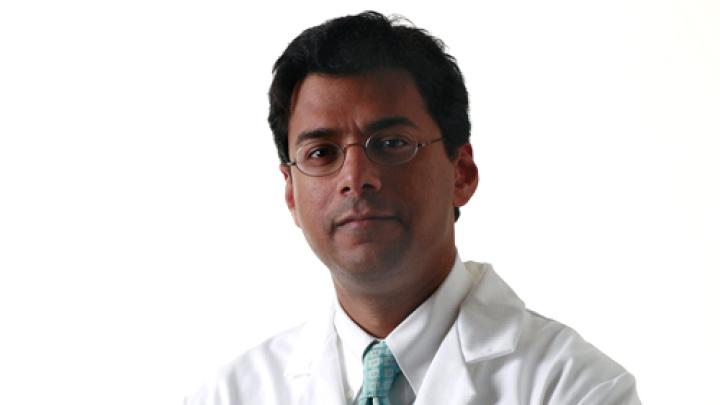Atul Gawande was on the radio show On Point with Tom Ashbrook this week to discuss the future of healthcare in America, including the possible repeal of the 2010 healthcare reform legislation next week. In the interview, Gawande, a surgeon and healthcare policy scholar with appointments at Harvard Medical School and Harvard School of Public Health (read a Harvard Magazine profile of Gawande), said he supports implementation of the 2010 bill, even given its complexities and the difficulties it poses in some areas. He drew comparisons
- to the implementation of Medicare in the 1960s (controversial, at the time)
- to agriculture (saying healthcare policy crafters could learn from agriculture, where scientific and technological innovation made food production more efficient)
- and to construction (noting that the healthcare system, as currently arranged, considers individual providers and procedures rather than the interaction among multiple components of a single patient's care, whereas in construction, the cost of a project is calculated considering all components at once).
Gawande spoke about the importance of primary care and the need to find new ways to encourage it, and he outlined some of the challenges in implementing the bill—for instance, the need for hospitals to overhaul their revenue models—even if the repeal effort fails.
In addition to the full interview audio, the show's website has posted a video in which Gawande discusses the so-called "death panel" measure that was removed from the healthcare reform legislation. The measure would have paid doctors for time spent discussing end-of-life issues—conversations that are always difficult, and even more likely to be avoided when doctors aren't paid for that time, Gawande says.








